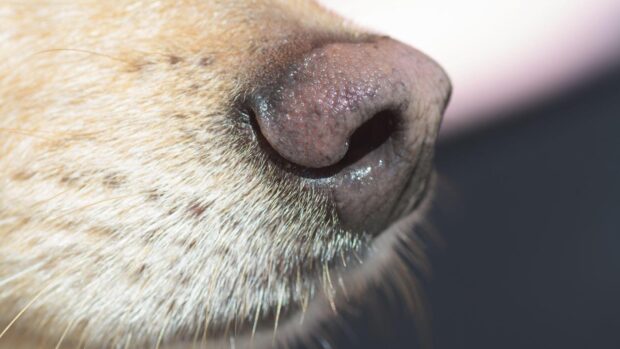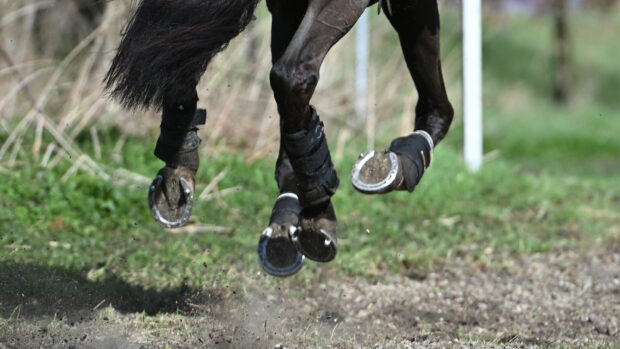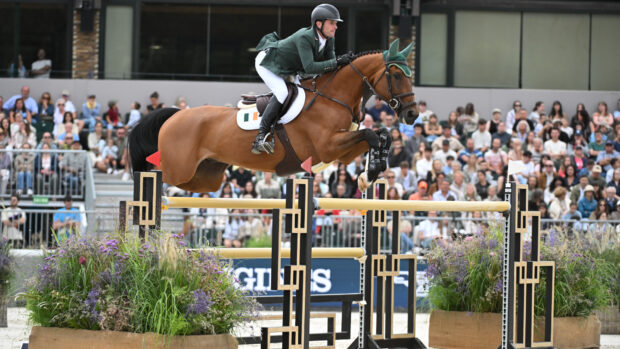Christine Yeoman, one of Britain’s leading endurance riders, has won a ground-breaking legal battle against horse sport’s governing body, the FEI, that will affect all athletes.
Christine, who represented Britain at the World Equestrian Games (WEG) at the weekend, spent £200,000 on legal fees trying to clear her name after her horse CJS Gai Forest tested positive for ractopamine during a ride at Euston Park on 9 August 2009.
Classified as a doping substance by the FEI, ractopamine is a feed supplement given to pigs to promote muscle growth.
After extensive investigation of all feed at Christine’s yard, traces of ractopamine were found in Neigh-Lox, a supplement that helps prevent gastric ulcers.
Though the American manufacturer, Kentucky Performance Products, admitted the contamination, the FEI said Christine was negligent simply because she chose to give her horse the supplement.
Supplement risk
Specialist sport dispute lawyer James Pheasant of Burges Salmon Solicitors explained: “The FEI follows the WADA [World Anti-Doping Authority] code, which until now ruled that athletes had to bear the risk of taking supplements and couldn’t be at no fault at all, based on the assumption that taking a supplement is optional.
“But Christine was giving a commonplace, reputable supplement to maintain the horse’s health. If the same thing happened again, she would be facing a career-ending ban.”
The FEI said she had not done enough research on the supplement, but Mr Pheasant said: “She had been using it safely for five years, and there is nowhere you can go to say ‘please test this tub to give me an absolute guarantee there’s nothing in it that will cause problems’.”
The FEI tribunal on Tuesday last week returned a not guilty verdict, concluding that supplements are not optional in horse sport.
The ruling stated: “Even ordinary feed is often mixed and includes several additives which may be contaminated. Even feed without additives may be contaminated.
“Equestrian sport on a high level can be said to require the use of feed supplements to care properly for such elite horses.
“In the tribunal’s opinion, PRs [persons responsible, ie the rider] are not the proper party to bear the risk of supplements contaminated at the manufacturer level.”
Christine heard the tribunal’s ruling when loading her horse LM Midday to fly to WEG.
“I’m over the moon,” she told H&H. “It has cost a lot of money, but I’ve always been proud of being 100 per cent clean and this was a big smear on my name that made me feel dirty.”
FEI reviews manufacturer contamination
Head of the FEI’s legal department Lisa Lazarus said manufacturer-level contamination accounts for just 1-2% of the doping offences it handles, but confirmed the organisation is reviewing its position on such cases.
She added: “Given Ms Yeoman demonstrated she exercised the utmost care to ensure that her horses did not consume prohibited substances, it is unlikely the FEI will appeal this decision to the Court of Arbitration for Sport.”
Christine’s husband, John, told H&H the couple would be “looking to the supplement manufacturer” to admit liability in order to recover their substantial costs.
This article was first published in Horse & Hound (23 September, ’10)



